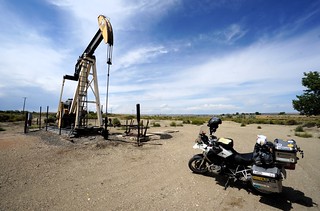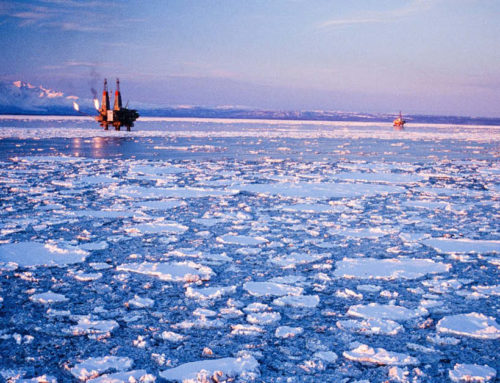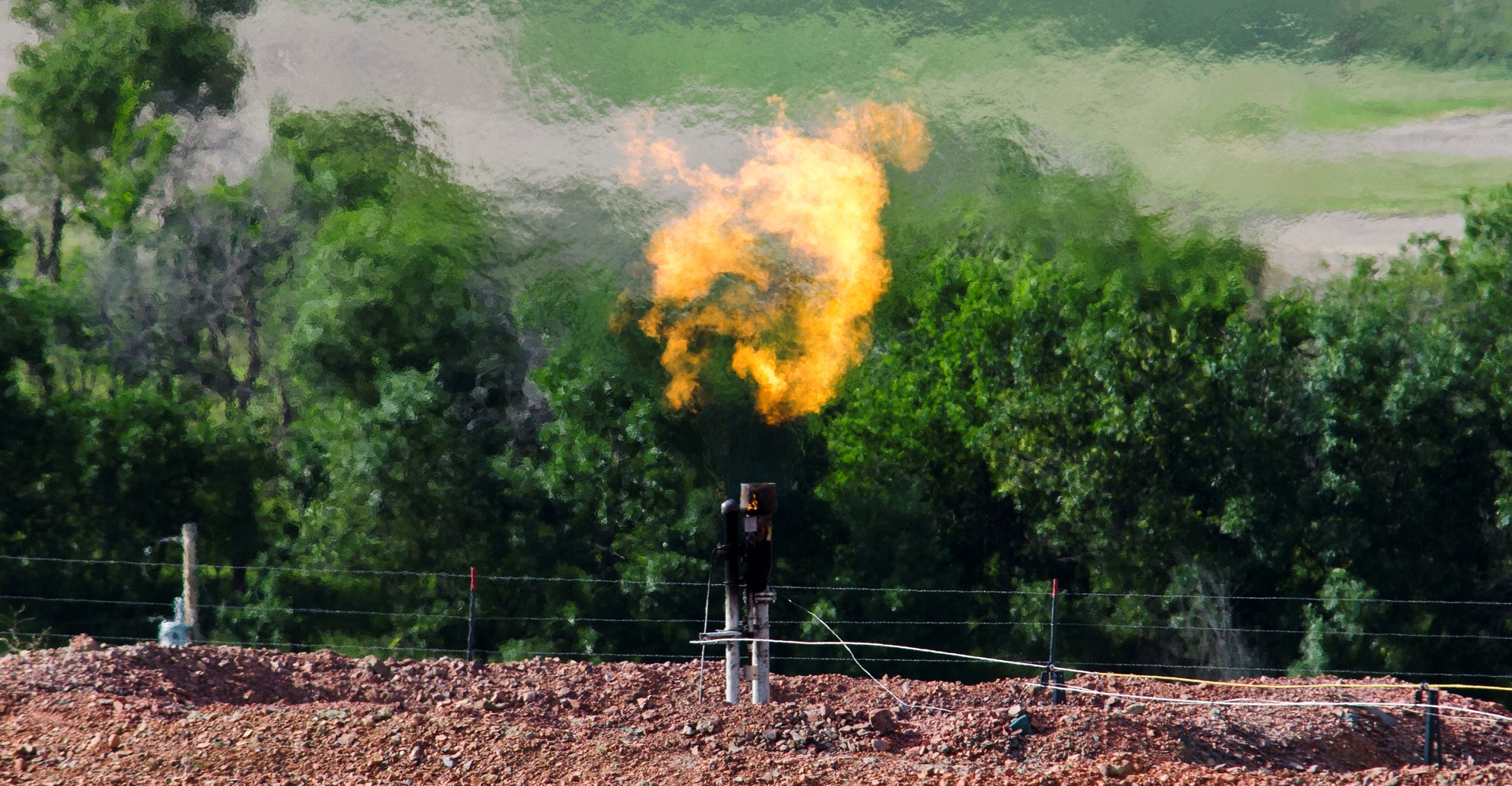Oil and gas has long been an integral part of the nation’s economy, and in recent years advancements in drilling technology have enabled drillers to turn the state’s abundant natural resources into more jobs and more revenue for the state. In Wyoming, Gov. Mead and state leaders have done a good job of ensuring our natural resources are developed and managed responsibly, creating rules and policies to develop oil and gas reserves effectively.
Unfortunately, the federal government, which manages the wells where 69 percent of Wyoming’s oil and gas is produced, has not kept pace with changes in the oil and gas marketplace. Federal rules governing wasted natural gas were written more than 35 years ago, long before modern drilling techniques like hydraulic fracturing became widespread. Industry reports filed with the Department of Interior show a total of 23.8 billion cubic feet of gas was leaked or burned from 2006 through 2014 in Wyoming. According to a new report by ICF International, more than $76 million worth of gas is wasted every year on U.S. taxpayer-owned lands in Wyoming. This is enough gas to meet the heating and cooking needs of about half of the homes in Wyoming, and represents an annual loss of $6.7 million in federal royalties, half of which goes to the state.
To put this in a regional context, the waste on Wyoming’s federal lands is as much as the amount of lost gas in Colorado, Utah, Montana, North Dakota, Texas and California combined. Nationally, Wyoming is second only to New Mexico in wasted gas.
The good news is that this waste is preventable — in a cost-effective way. There are technologies on the market that can capture this gas and allow companies to deliver it to market. Yet drillers have been allowed to continue with business as usual — needlessly letting a valuable taxpayer resource escape into thin air.
The Bureau of Land Management — the agency that oversees drilling on federal and tribal lands — is currently considering what steps need to be taken to prevent this waste. It should require that oil and gas drillers on federal lands utilize existing technologies to capture and sell the natural gas that is now being wasted (or lost). Because the federal government has been too slow to react to changes in the market, even states like Wyoming that have managed public resources responsibly on their own state lands, are losing millions in revenue from outdated federal regulations. Wyoming has a vested interest in seeing that the Bureau of Land Management delivers responsible policies that will cut as much of this waste as possible, both for additional revenue to the state, and for the benefit to local air quality. And creating a requirement that gives producers the flexibility to use off-the-shelf technology should make it a win-win.
Nationwide, we are wasting more than $360 million a year as a result of leaked, vented and flared gas from federal and tribal lands. Given the perennial battles in Congress over government spending and the national debt, shoring up federal management of taxpayer resources just makes fiscal sense.
This latest report underscores the importance of holding drillers accountable for the resources they develop on land that belongs to the taxpayers. Companies should do everything feasible to minimize waste of valuable resources. This summer, the Bureau of Land Management has an opportunity to make the changes that are necessary to cut this waste.
Photo credit: mrhicks46 via flickr











